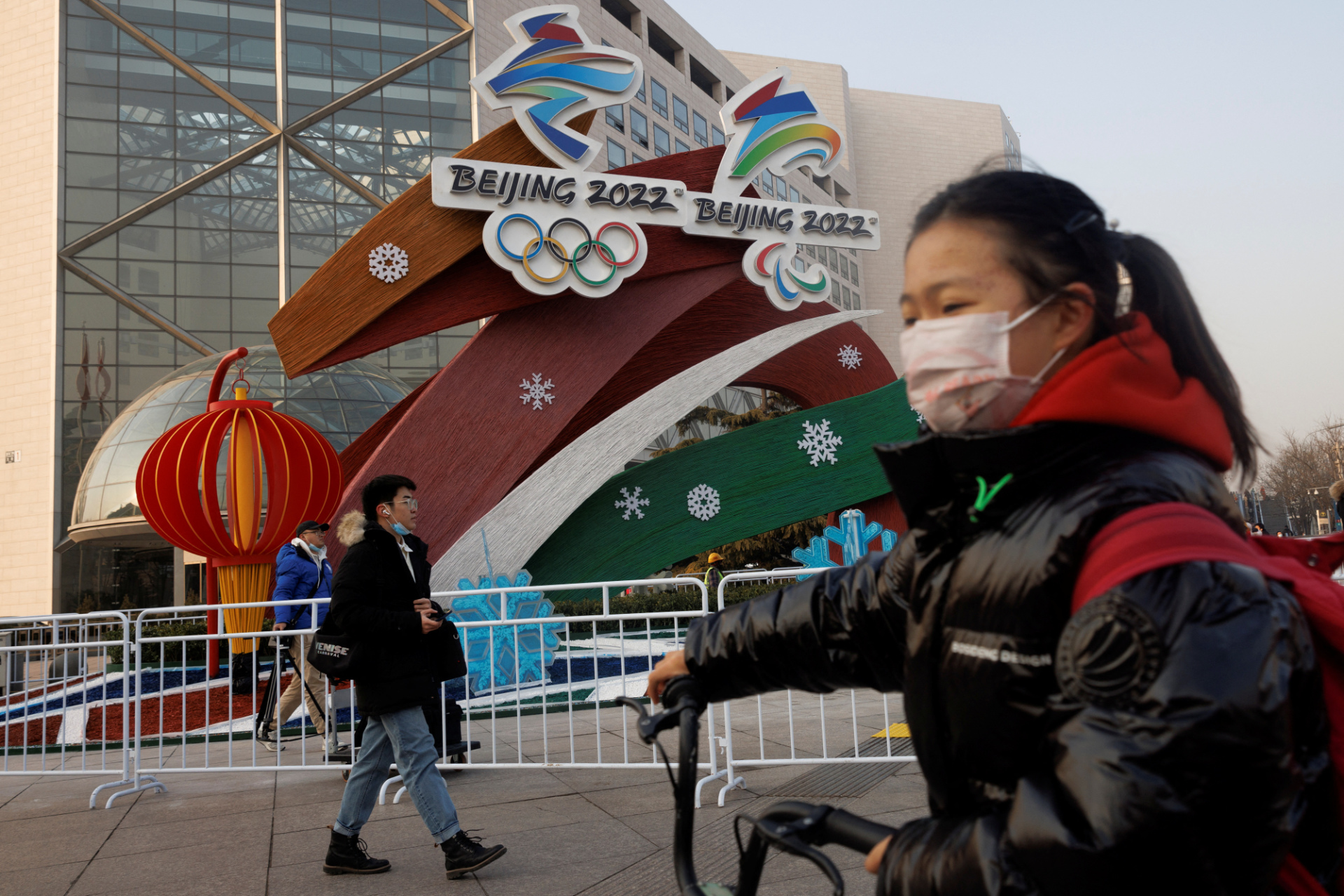Beijing finds multiple Omicron cases, suggests Canadian mail could be to blame
The Omicron variant was identified in Beijing, less than three weeks before the city is due to host the Winter Olympics. A city health official said it “cannot be ruled out” that the virus was transmitted via mail from Canada.

With only two and a half weeks to go until Beijing hosts the 2022 Winter Olympics, the Chinese capital is facing a “twin variant threat,” as Bloomberg puts it. Less than a week after the first local transmissions of the Omicron variant of COVID-19 became apparent in China, multiple infections have been reported in Beijing.
- In Haidian District, one person infected with Omicron passed the virus onto two others, a Beijing city spokesperson said today (in Chinese). The first case was reported on January 15, and the others yesterday and today.
- Separately, the Delta variant was found in one case in Chaoyang District.
- The origins of the outbreaks in both districts remain unclear, though Páng Xīnghuǒ 庞星火, an official with the Beijing city’s CDC, said (in Chinese) that the person who contracted Omicron in Haidian had “recently received…international mail” from Canada.
- The mail was found to have traces of Omicron on it, so it “cannot be ruled out that they were infected through foreign goods,” Pang said.
- Canada’s health agency responded to Pang’s remarks, and said there is an “extremely low” risk of contracting COVID-19 from handling mail. Experts cited by the Wall Street Journal agreed that the chances were “very unlikely.”
Beijing scrapped plans to sell tickets to the Games to the general public after Omicron was found in the city. According to the announcement made yesterday (in English, in Chinese):
Given the current grave and complicated situation of the COVID-19 pandemic and to ensure the safety of all participants and spectators, it was decided that tickets should not be sold anymore but be part of an adapted programme that will invite groups of spectators to be present on site during the Games.
In other words, while stands at the Games might be at least partially filled by groups of hand-picked spectators — a source within the Beijing Organizing Committee told The China Project that “selecting government and Party employees as spectators and bussing them to various events” was an option under consideration — the Beijing 2022 Olympics may not contrast with the empty stands of Tokyo 2020 as much as organizers had hoped.
China news, weekly.
Sign up for The China Project’s weekly newsletter, our free roundup of the most important China stories.
More on China’s current COVID-19 situation, in the lead-up to the Olympics:
- The Associated Press notes that Tianjin, just 66 miles (107 kilometers) southeast of Beijing, reported 80 cases yesterday. Meanwhile, Xi’an “appeared to be turning a corner, with stay-at-home rules lifted on neighborhoods determined to be virus-free,” after three weeks of strict lockdown.
- “The residential compound where the confirmed [Omicron] case lives is just 15 minutes’ drive from Olympic Park,” CNN reports. “CNN staff who drove past the complex over the weekend saw large barriers in place to prevent anybody from coming or going.”
- China has now cancelled 84 incoming U.S. flights this year due to COVID-19, per Reuters. For context, see on The China Project: Omicron triggers mass flight cancellations into China and Hong Kong.






